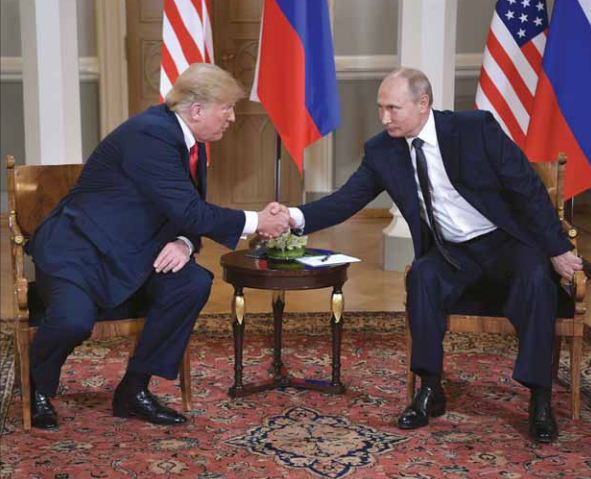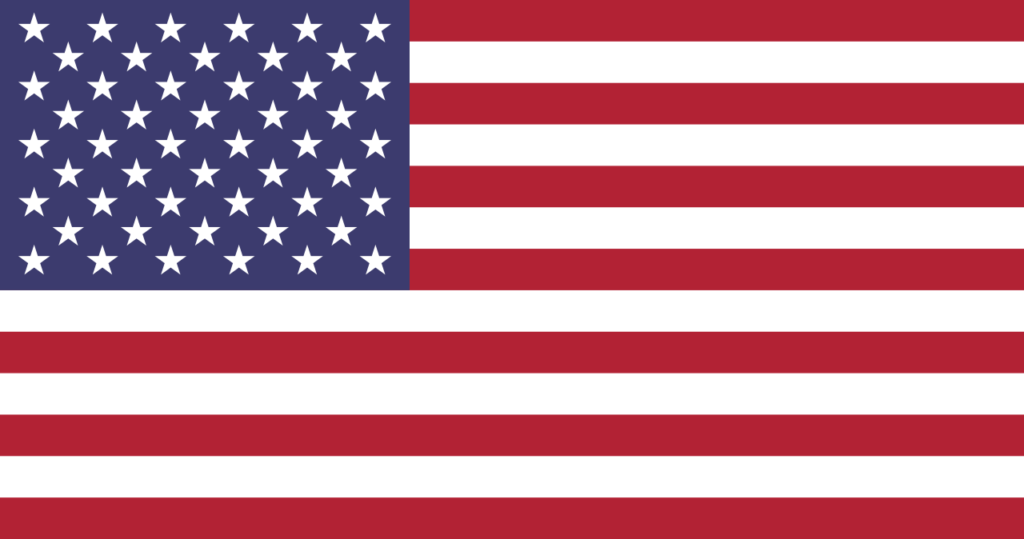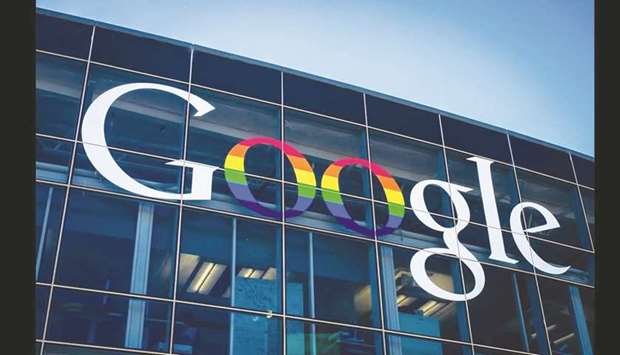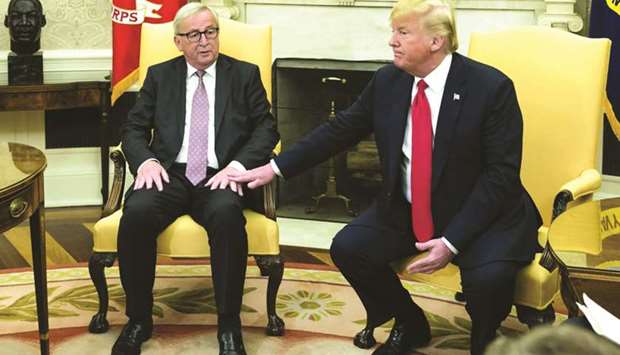UK firm PwC criticised over bid for major Saudi Arabia contract

One of Britain’s biggest consulting and accountancy firms has been negotiating
to land a major contract to help streamline and modernise Saudi Arabia’s
military, the Guardian can reveal.
PricewaterhouseCoopers (PwC) confirmed it had tendered for the project,
which will be part of a wholesale transformation of the kingdom’s defence
ministry designed to better equip and support its frontline forces.
PwC declined to comment further about the talks. It said there was an “ongoing
tender process with a number of participants pitching for work”.
The negotiations, for a deal that could be worth millions to the company, have
drawn criticism from campaign groups. Campaigners have condemned the
country’s involvement in the conflict in Yemen, claiming its airstrikes have
killed civilians and amount to war crimes.
Peter Frankental, Amnesty International UK’s economic affairs programme
director, urged PwC to explain what due diligence it had undertaken before
pitching for the work.
“Like any company, international accountancy firms should ensure that they
avoid contributing to human rights violations in their operations, or being
directly linked to them by their business relationships.
“We’d like to know what due diligence the company has done. The United
Nations guiding principles on business and human rights make it clear that a
company may be viewed as complicit if they are seen to benefit from abuses
committed by another party.”
The Saudi ministry of defence is run by Prince Mohammed bin Salman bin
Abdulaziz Al Saud. The 32-year-old, known as MbS, is said to be the world’s
youngest defence minister and is also the kingdom’s deputy prime minister.
Described by critics as an inexperienced firebrand, he has been the architect of
the kingdom’s intervention in Yemen, in which it has backed the exiled
government over Iranian-supported Houthi rebels.
This year the UN said the conflict had led to more than 22 million Yemenis –
up to 80% of the population – requiring humanitarian aid.
Jamie McGoldrick, the UN’s humanitarian coordinator in Yemen, has
described it as “an absurd and futile war” and condemned the “mounting
civilian casualties caused by escalated and indiscriminate attacks throughout
Yemen”.
PwC already has a presence in Saudi Arabia, but it is the company’s UK
operation that is behind the defence project.
PwC has launched a “call for resources” – asking specialists and consultants in
London whether they would be interested in moving to Riyadh to start the
work – because, it has said, it is “currently finalising the deal”.
The company told staff that the Saudi ministry of defence was undergoing an
“ambitious transformation to modernise its armed forces at a size and scale
rarely seen before … [this] is at its most critical phase and they need support to
undertake this level of change.”
If it wins the contract, PwC is likely to be tasked with transforming several
support areas within the defence ministry. The first phase of the work is likely
to focus on how to reshape recruitment, resourcing, performance management
and strategic workforce planning, and how to manage and communicate
change.
The Guardian asked PwC what due diligence it had undertaken and how it
would answer concerns about working with the Saudi military. The company
declined to respond.
The Saudi embassy in London was asked about the scale and scope of the
project but also declined to comment.
Frankental urged PwC to think again. “As any accountancy firm involved in
work for the Saudi ministry of defence must know, the Royal Saudi air force
has an appalling record in Yemen, with the Saudi-led military coalition having
indiscriminately bombed Yemeni homes, hospitals, funeral halls, schools and
factories. Thousands of Yemeni civilians have been killed and injured.”
Anna Macdonald, director of the Control Arms Secretariat, a global coalition
working for international arms control, said the UK “should be focusing on
trying to stop this terrible conflict, not assisting the Saudi government.”
She added: “British companies should be very cautious indeed in what they are
supporting. Yemen is the world’s worst humanitarian crisis and getting worse
by the day.
“The UK government and UK companies are fuelling this in continuing to
supply bombs and military equipment to Saudi Arabia and its coalition
partners. Ordinary Yemenis need access to water, to humanitarian aid and,
most pressingly of all, for the incessant bombing of their schools, hospitals,
markets and funerals to stop.”
Saudi Arabia has defended its military operations in Yemen. This year the
foreign minister, Adel al-Jubeir, said the critics were wrong. “They criticise us
for a war in Yemen that we did not want, that was imposed on us,” he told the
BBC. “They criticise us for a war in Yemen that is a just war, that is supported
by international law.”
Judeir blamed the Houthi rebels for blocking aid and contributing to the
humanitarian crisis.
A spokesman for the Department for Business, Energy and Industrial Strategy
said firms had to operate by UK and international law, and there was no
restriction on accountancy services in Saudi Arabia.









